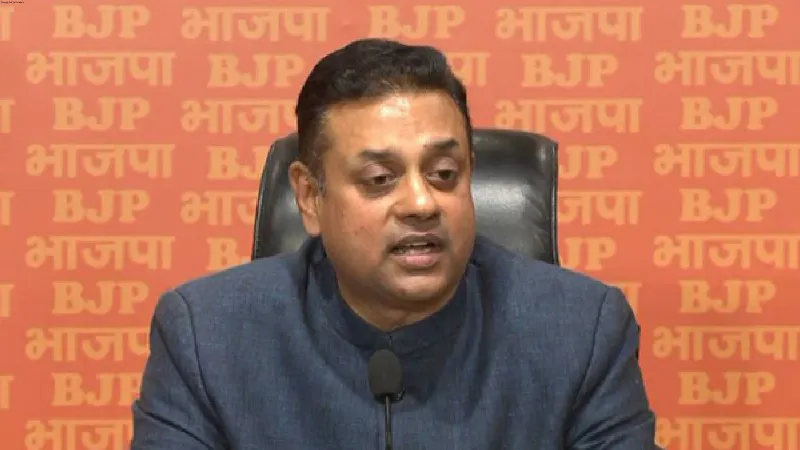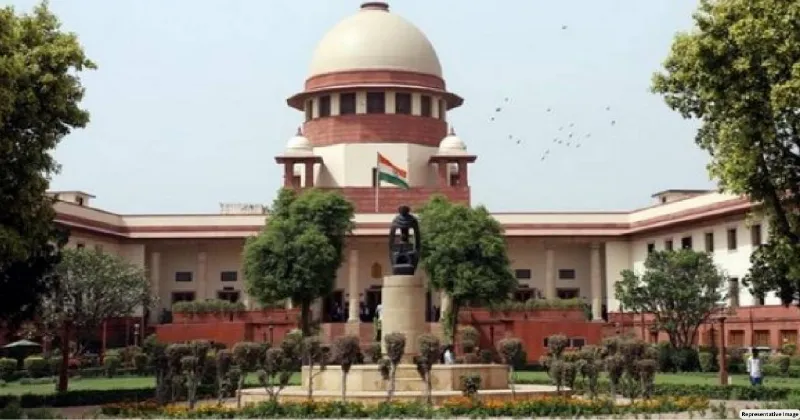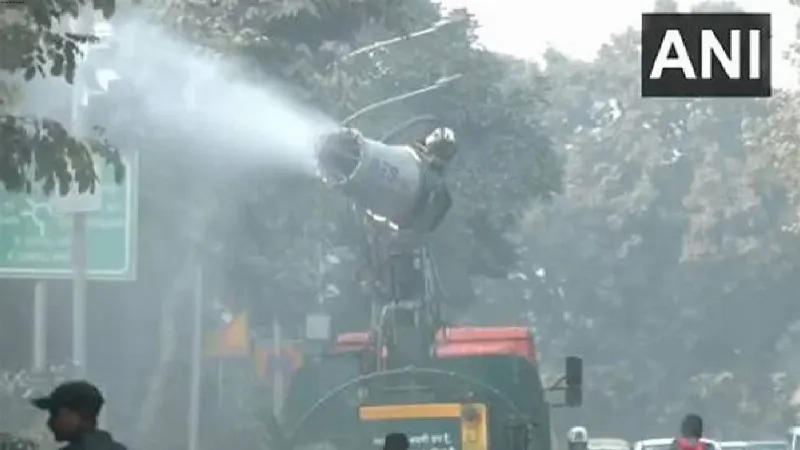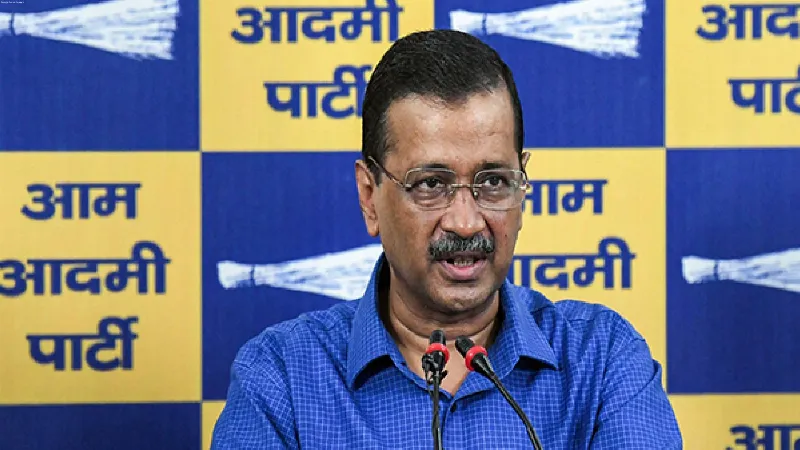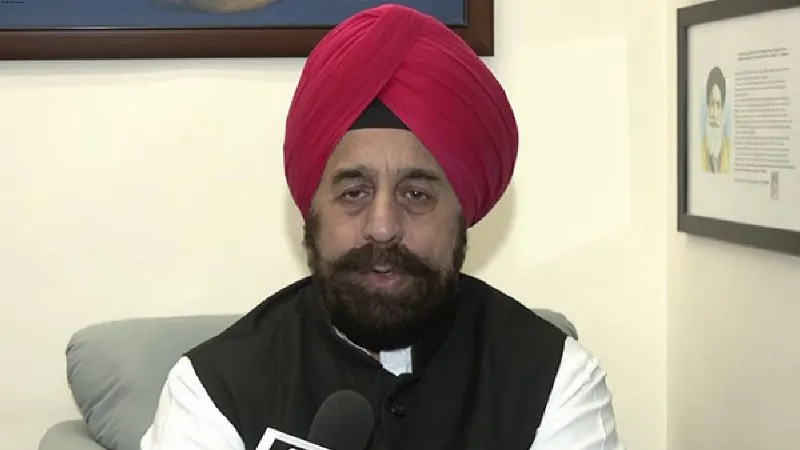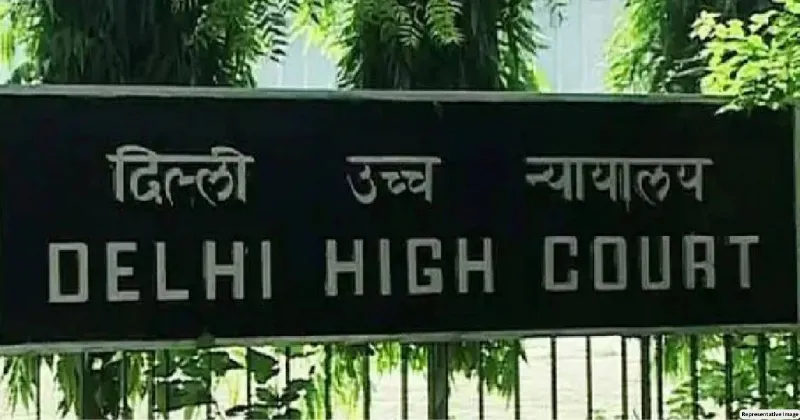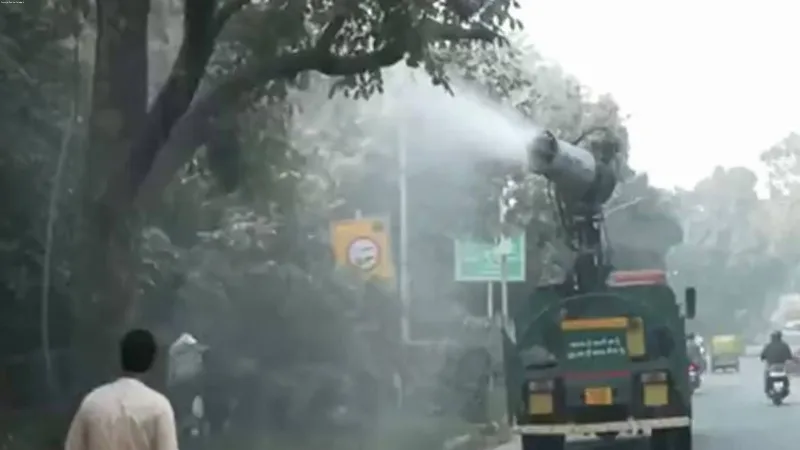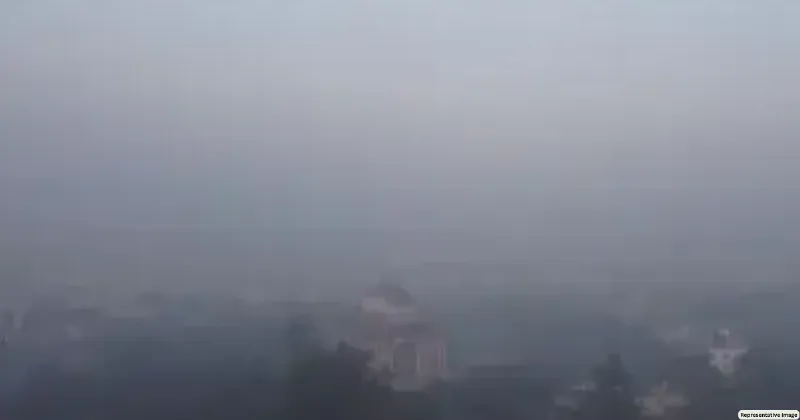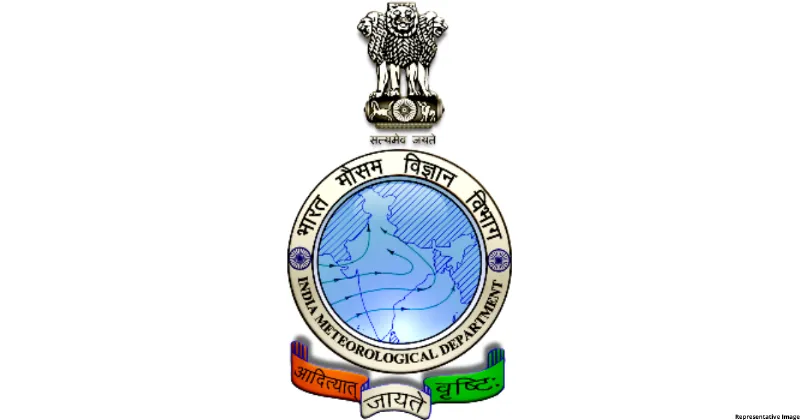Latest News
Pakistani Twitterati fuelling fake narratives, target Indian cricketers
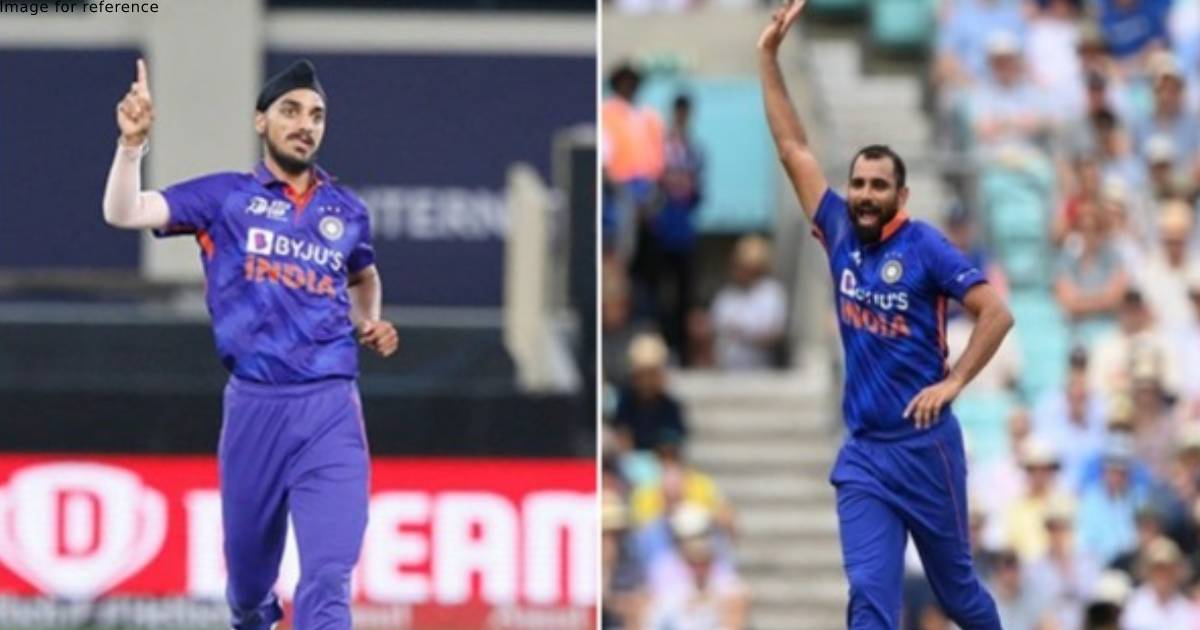
New Delhi: After Indian cricketer, Arshdeep Singh dropped a catch in a crunch India-Pakistan Super-4 stage match of Asia Cup in Dubai, Pakistani Twitterati are fuelling wrath against Indian cricketers.
An exclusive report by Digital Forensics, Research and Analytical Centre (DFRAC) unveiled a false narrative against India and its cricketers. The Indian cricket fans were quite disheartened after India lost to Pakistan in a very sensational and important match in Asia Cup 2022. After the match, 23-year-old Indian cricketer Arshdeep Singh was caught in the eye of a storm for dropping a catch against Pakistani batsman Asif Ali.
Soon after, social media exploded with Tweets about Arshdeep Singh. Many Pakistani social media users trolled Arshdeep Singh for dropping the catch. A lot of users have also called him an ISI agent or a Khalistani.
Some of these derogatory tweets are: Journalist, WS Khan tweeted, "Arshdeep is clearly a part of the Pakistan-backed Khalistan movement."
Analyzing more than 20,000 accounts that interacted with the hashtags (#ArshdeepSingh and #Khalistani), it was found that more than 100 of these accounts were created on September 5thalone, and later tweeted on the hashtags.
There has since been massive criticism over the internet against the cricketer. In various tweets, he was also referred to as an ISI agent and a Khalistani.
This is not the first time any cricketer is facing such a backlash, after India's defeat by Pakistan. Last year in the T20 World Cup 2021, India was defeated by Pakistan. Even at that time, similar hate was seen against the Indian batsman Virat Kohli, the Indian bowler Mohammed Shami, and Rohit Sharma.
At that time Shami too was called an ISI agent, reported DFRAC.
As soon as India lost the match against Pakistan, #ArshdeepSingh began trending with more than 27,000 tweets. Around 4,500 tweets were trending with #Khalistani.
On September 3rd, #ArshdeepSingh was in trend on Twitter. A sudden increase was observed on September 4th after 11:05 pm and the hashtag reached its peak on September 5th with more than 12K tweets. #Khalistani was started on the night of 4th September after 11: 05 pm and was at its peak on September 5th with more than 4K tweets.
The first tweet on #Arshdeepsingh with the word Khalistan was done by a Pakistani account with the name Usman (@hmudg1997), reported DFRAC.
Google Search timeline suggests that the keyword "Arshdeep Singh" started on Sept 4th 2022, late-night , thereafter gradually decreasing.
Similar activities were conducted in Pakistan and UAE, intending to amplify misinformation. When the DFRAC team searched for "Khalistani" on Google trends, it showed that the keyword's timeline had started on September 4th and then gradually gained pace on September 5th.
The users interested in the keyword were majorly from Pakistan. Moreover, Wikipedia page of Arshdeep Singh was edited on September 4th. The word "India" was replaced with "Khalistan" on Singh's Wikipedia page by an anonymous user even as another editor shortly undid these changes.
It is clear that the IP address 39.41.171.125 from where the Wikipedia page was edited was from Punjab, Pakistan. The Internet Service provider is Pakistan Telecommunication Company Limited, reported DFRAC.
In response, the Indian government has summoned Wikipedia executives with respect to the spread of misinformation.
The Ministry of Electronics and Technology said that "no intermediary operating in India can permit this type of misinformation" after cricketer Arshdeep Singh's Wikipedia page was edited by an unregistered user, linking him to the separatist Khalistani movement.
"No intermediary operating in India can permit this type of misinformation and deliberate efforts to incitement and user harm - violates our govt's expectation of Safe & Trusted Internet," tweeted Rajeev Chandrasekhar, MoS Electronics and Technology.
Moreover, at least 97.7 per cent i.e., 20,734 accounts that tweeted on the hashtags were created in the year 2022, followed by nearly 249 accounts in 2021 and 157 accounts in 2020, reported DFRAC.
According to the wordcloud, tweets on Arshdeep Singh used words used, "Khalistani", "Pakistani", "Gaddar", "Agent", "Deshdrohi", etc.
Moreover, there were more than 120 common users who tweeted on both the hashtags, #Shami and #ArshdeepSingh.
Ironically, a large section of Pakistani Media houses and journalists have criticized India for the hatred spread against Arshdeep on social media.
@GeoNews_Urdu tweeted that, "Dear Arshdeep Singh! You've just started your career. Indo-Pak matches are pressurising. You dropped a catch and it's a part of the game. However, we feel sorry the way Indian cricket fans treated you, abused you, called you khalistani. Stay strong bro! All the very best from Pakistan!" There were similar reactions by many others as well. Below are two collages showing the verified Pakistani users who have criticized India over this matter.
Superficially, it seems that the disappointed Indian fans made the posts against Arshdeep, but the real story is way different. In the past, too Pakistani Twitterati propagated a similar narrative against the Indian Cricketer Mohammad Shami.
The DFRAC provided evidence that it was in fact the Pakistani Twitterati that created a false narrative about the Indians targeting Arshdeep Singh. The majority of tweets against Arshdeep Singh were done by Pakistani social media users.
This report also highlights an attempt to highlight religion based-hatred against Arshdeep Singh (Sikh) and Mohammed Shami (Muslim).
The plausible reason behind this could be to malign India's image internationally. Further, these kinds of propaganda have the potential to incite hatred among different religious communities within India. (ANI)


